Rail Minister Lord Hendy and Director General for Rail Services at the Department for Transport Alex Hynes came under fire for the government’s decision to pause several rail projects in last week’s Rail Enhancements Project Pipeline announcement.
Both were being questioned at the Transport Select Committee on July 16 as MPs wrapped up their inquiry into the boom-and-bust cycle of rail investment.
Rail Minister Lord Hendy and Director General for Rail Services at the Department for Transport Alex Hynes came under fire for the government’s decision to pause several rail projects in last week’s Rail Enhancements Project Pipeline announcement.
Both were being questioned at the Transport Select Committee on July 16 as MPs wrapped up their inquiry into the boom-and-bust cycle of rail investment.
Hendy said that tough decisions had to be made, telling the committee: “I don’t want to pretend that we didn’t aspire to do more. We simply didn’t have enough available to do everything we wanted.”
When challenged by Catherine Atkinson MP (Labour, Derby North) on why the electrification of the Midland Main Line (MML) was one of the projects which was paused, despite it coming under budget and on-time, Hendy said the decision was down to priorities.
“We’ve had to balance every decision against the needs of the passengers and the reason why the MML further electrification went down the list was because the new trains that are going to be running on it are bi-mode will provide better service and more capacity.
“That’s not the perfect answer for people along the route who would like electrification north of Syston, but we can’t do everything.”
Hynes defended the stance of the DfT, adding: “The sections north offered less value for money, therefore difficult decisions had to be made by ministers.”
He reiterated that these kinds of decisions reminded the industry on why a strategy that aligned infrastructure with rolling stock was needed.
“By ordering bi-mode trains, you inadvertently weaken the case for electrification.”
Regarding the decision to pause Phase 5 of the South West Rail Resilience Project near Dawlish, Hendy argued that any investment on a scheme would depend on the stabilisation of the cliffs.
“Cliffs have been unstable ever since the railway was built,” he said. “It’s not a new issue.
“They are vulnerable, therefore Network Rail is going to continue to monitor them, and as that monitoring continues, they will work out what needs to be done next.
He did add however that Network Rail were closely monitoring the cliffs and proposals from Network Rail will be forthcoming.
Login to continue reading
Or register with RAIL to keep up-to-date with the latest news, insight and opinion.

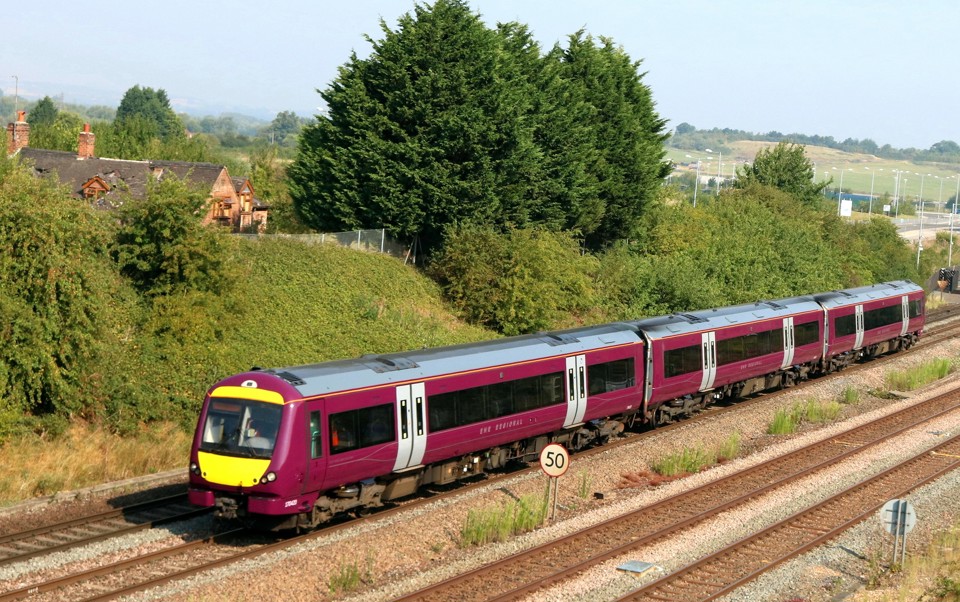

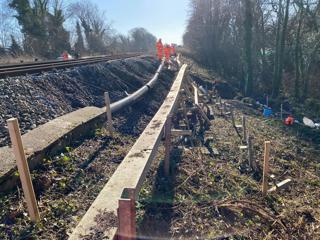
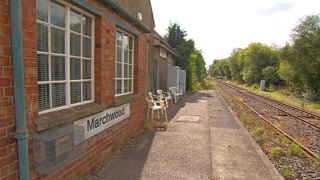
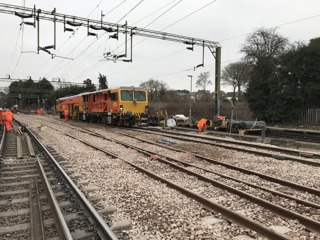
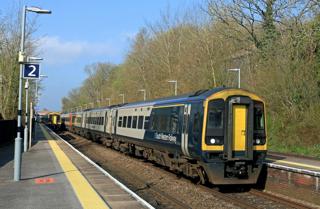
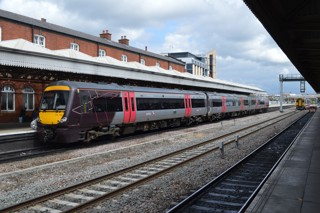











ShaneH - 16/07/2025 16:32
A more accurate statement would be We can't do everything because we spend most of the money in London and the South East, as always....